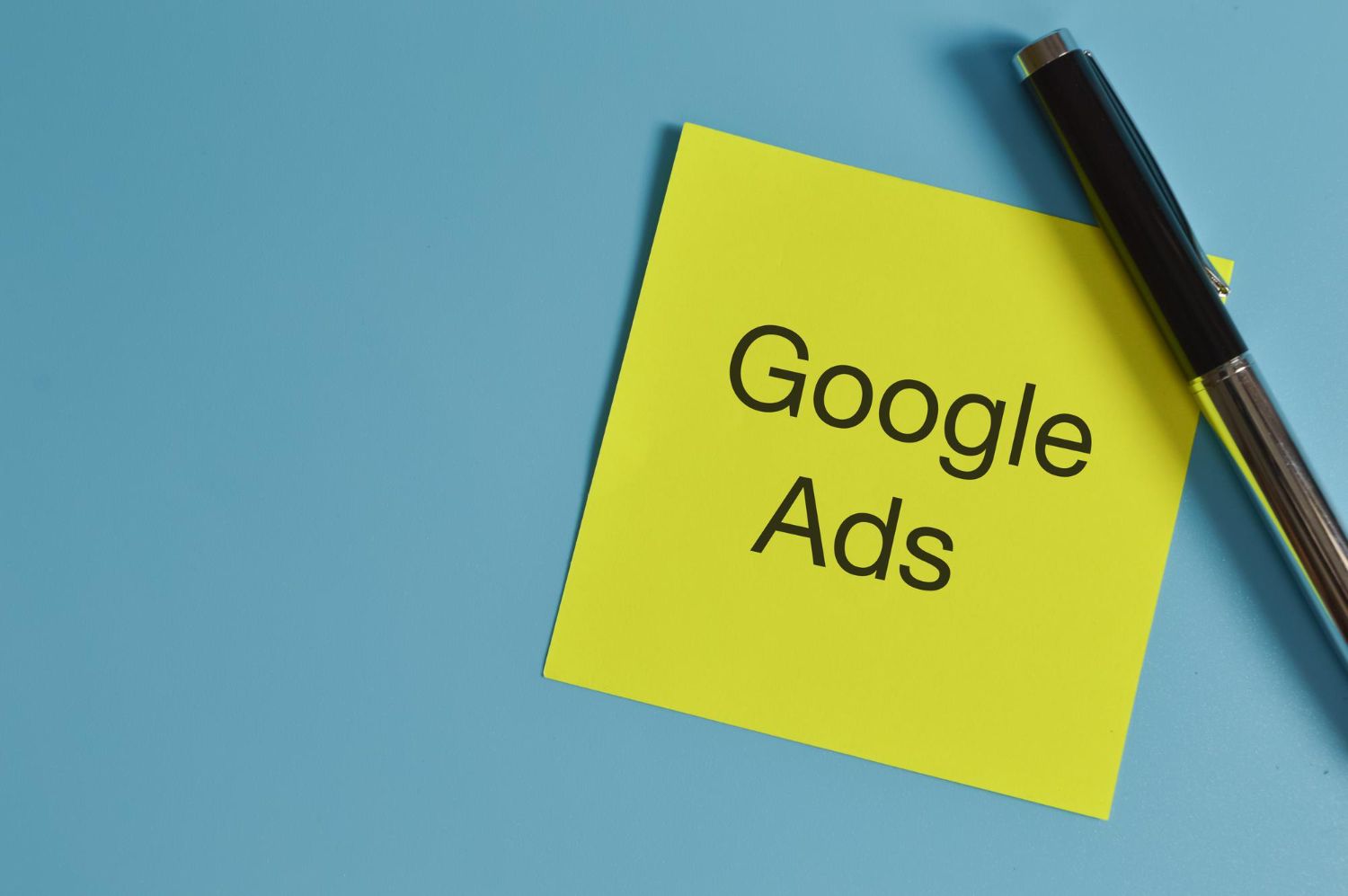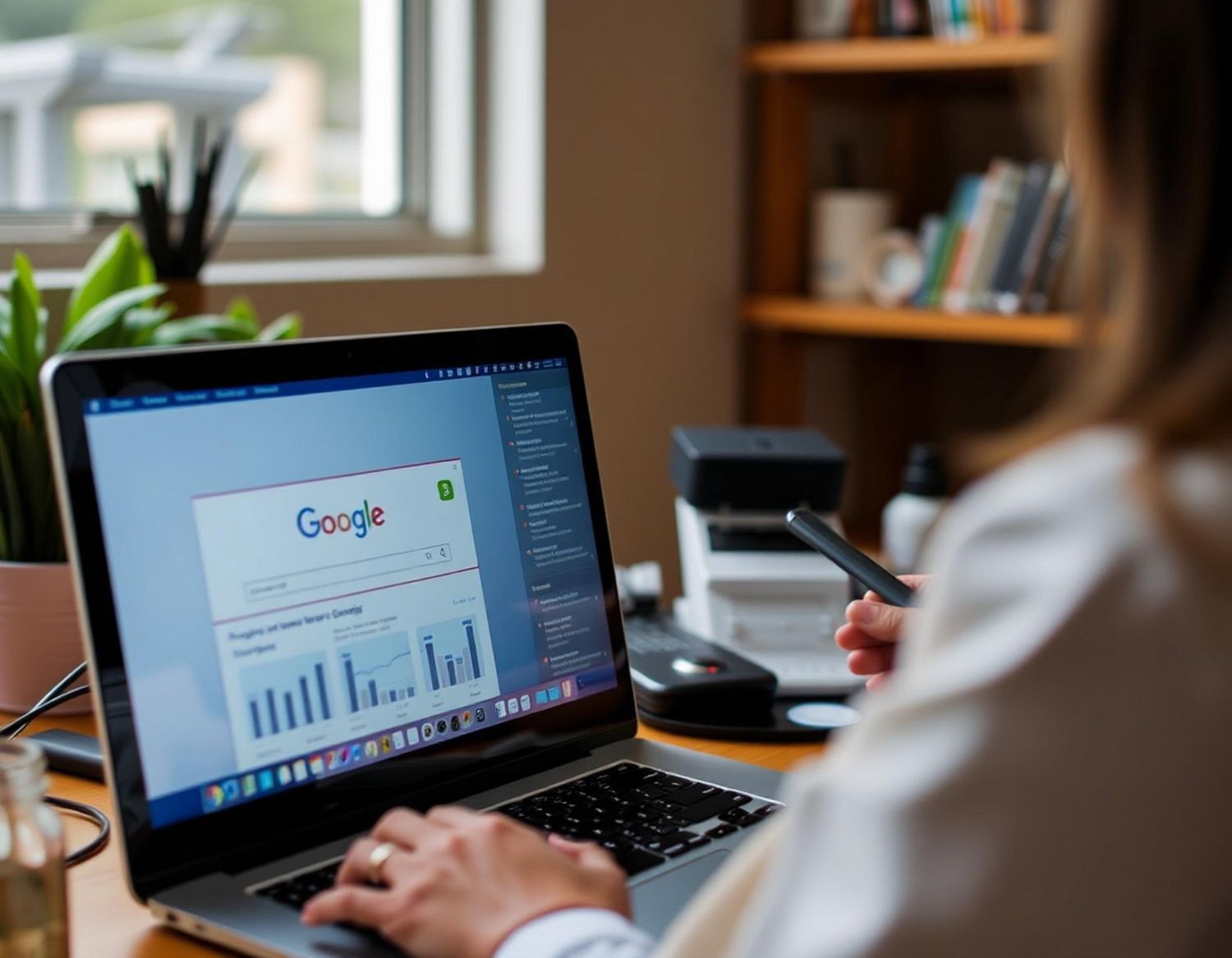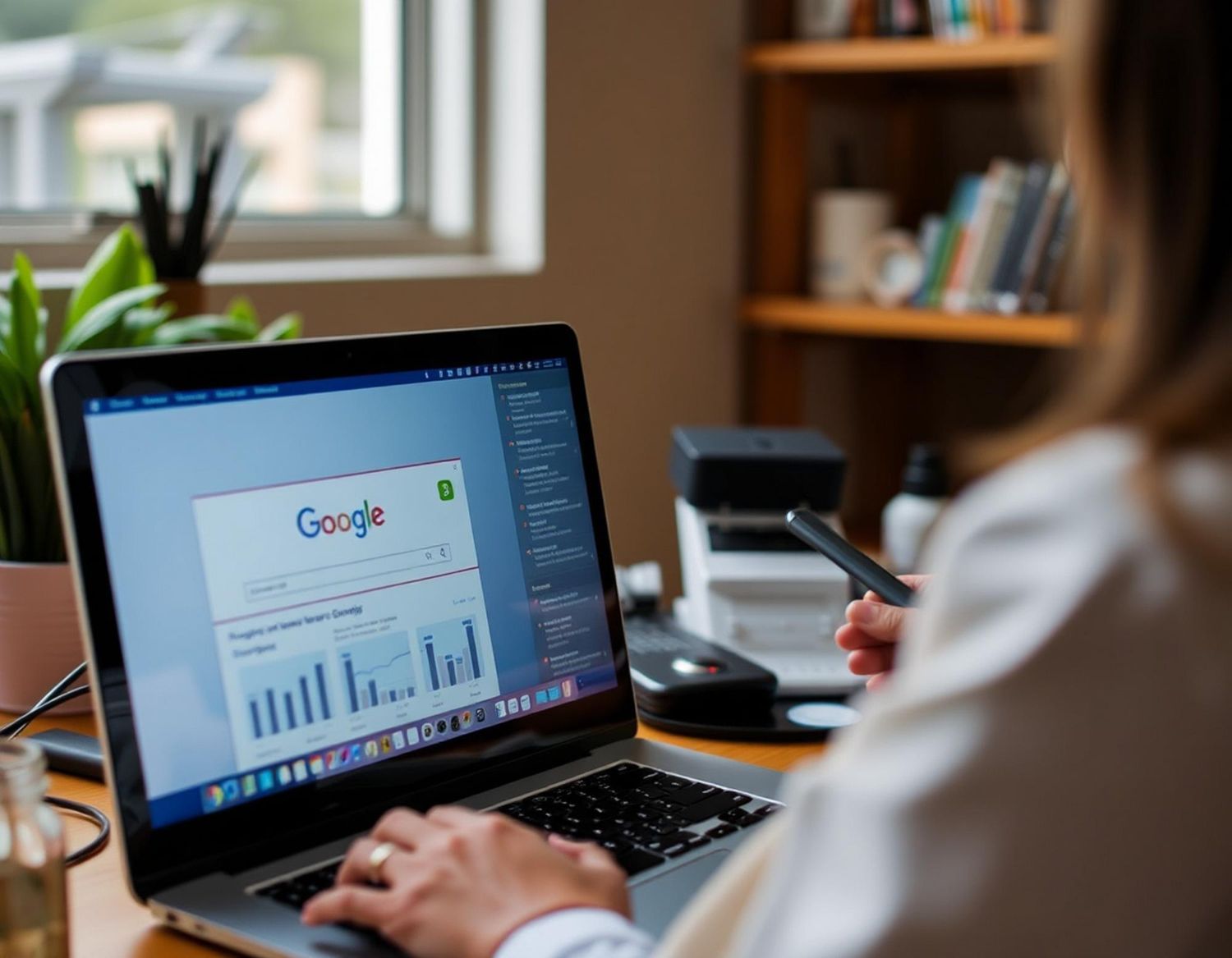How To Reduce High Cost-Per-Click In Your Google AdWords Campaigns
If you've been running Google AdWords campaigns, you might have noticed how quickly a high cost-per-click (CPC) can drain your budget. These campaigns often spiral into an expensive endeavour if not managed wisely, especially for small businesses in Australia. Reducing CPC is not about cutting corners—it's about refining your strategy to get more value for your spend. For trade businesses in Melbourne, understanding and controlling CPC can lead to better ad performance and cost savings, ultimately allowing you to stretch every dollar further.
Keeping your CPC in check boils down to enhancing your ad efficiency without compromising on quality or reach. This is particularly significant for businesses in cities like Melbourne, Sydney, and Brisbane, where the competition can significantly impact ad costs. By maintaining low CPC rates, you preserve resources, improve click-through rates, and enhance your campaign’s effectiveness, which is vital in sustaining a persistent digital presence. Let’s explore some strategies that can help you achieve this.
Understanding Your CPC
The cost-per-click, or CPC, is a key component in Google AdWords campaigns. It's what you’re paying each time someone clicks on your ad, directly influencing your overall budget. The aim is to keep this cost as low as possible without sacrificing the visibility or effectiveness of your ad.
Several factors can affect your CPC:
1. Keyword Competition:
Popular keywords tend to be costlier. Identifying less competitive yet relevant keywords can bring your costs down.
2. Quality Score:
This is Google's rating for your ads based on click-through rates, ad relevance, and landing page quality. A higher quality score often means a lower CPC.
3. Bidding Strategies: How you choose to bid on your keywords (manual vs. automated) impacts your CPC. Using strategic bidding methods can leverage times when competition is lower, thereby reducing costs.
By focusing on these factors, you can begin to understand why your CPC might be high and what you can do to effectively manage it. For instance, suppose you're a construction company in Melbourne targeting popular keywords like "home renovation." Adjusting the focus to specific services, such as "custom kitchen renovation in Melbourne," might lower competition and consequently, your CPC.
Keyword Optimization Strategies
To manage your CPC, one of the most effective strategies is refining your keyword approach. Not all keywords are created equal, and finding the right ones makes a big difference. Start by researching keywords that are still relevant to your business but face less competition. These keywords are typically less expensive but still help you reach your target audience.
Long-tail keywords are particularly useful in reducing CPC. These are more specific phrases that potential customers might use when they're closer to making a decision. For example, a builder in Melbourne might use "affordable residential construction Melbourne" instead of just "construction Melbourne." Though the search volume is lower, the intent is clearer, leading to better click-through rates.
Success in keyword optimization also involves periodic updates. Regularly refresh your keyword list based on performance and emerging trends. This way, you keep up with changes in customer behavior and continue to navigate around high CPC by embracing less obvious opportunities.
Improving Ad Quality Scores
Improving your ad's quality score is another way to lower CPC. The quality score comprises several components, including expected click-through rate (CTR), ad relevance, and the experience users have when they land on your page.
1. Expected CTR: This is Google's estimation of how likely people will click your ad. Improving your ad copy so it's engaging and directly addresses your audience's needs can boost this score.
2. Ad Relevance:
Make sure your ad content aligns well with the keywords you're bidding on. Irrelevant ads not only reduce effectiveness but also hurt your quality score.
3. Landing Page Experience:
Once users click on your ads, they should land on a page that further resonates with your ad’s promise. The landing page should load quickly, be easy to navigate, and provide all necessary information to keep users engaged.
Follow these practical steps to improve each component. Let's say you're a tradie promoting kitchen renovation services. Your ad should clearly state benefits like "quick turnaround" or "custom finishes," and once clicked, the landing page should showcase actual past projects, testimonials, and an easy contact form.
Maximizing ROI in Your AdWords Campaigns
Keeping an eye on these strategies ensures you’re making the most out of your campaigns. It doesn’t stop with just setting things up. Regularly review how your ads are performing. Make use of A/B testing to test out different ad formats and find the most effective combinations.
Remember, all these efforts serve to maximize your ROI. With a focused approach to CPC management, you gain a competitive edge, especially in places like Melbourne where every click counts. By investing the time and diligence into optimising these areas, you nurture long-term growth and ensure your campaigns work efficiently for you.
Boost your online presence and drive down costs by refining your Google AdWords PPC campaign with targeted strategies. For trade businesses, achieving efficient ad campaigns is crucial. Dive into more ways to enhance your digital marketing with expert guidance from GWTH Media.
Google AdWords PPC campaign to start optimizing for better results.










